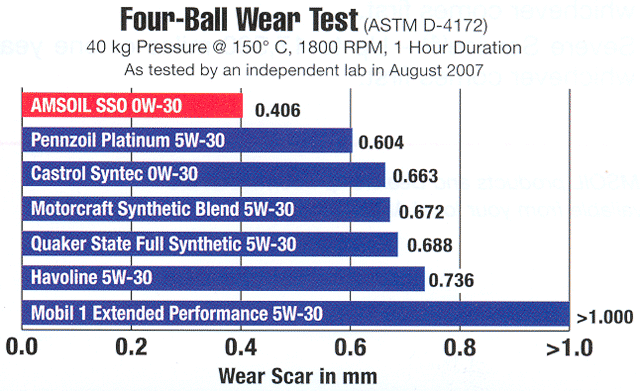Hello everyone... which would you choose?
There are several variations of Mobile1 Synthetic 10W30 to choose from.
My 1991 Automatic NSX has 89K
All choices are Mobile 1 Synthetic 10W30
A.) 10W30 Synthetic
B.) 10W30 Synthetic {75k+ High Mileage} (says it has engine seal additive to prevent leaks).
C.) 10W30 Synthetic {15,000 Mile Extended Life}
As for B). Will the seal additive in the 75k+ High Mileage 10W30 hurt any internals or titanium parts in my engine? Even though I do not have any leaks, is this a good idea? I would think it might be better to know if I have a leak so I can address the seal, instead of trying to hide the possibility of such. Again, I have no leaks that I know of.
As for C). I am wondering if this additive has additional beneficial lubrication properties.
Regardless of choice, I still plan to change the oil at 3,000 miles. Or do you recommend a sooner or later interval change.
Thanks for your help
There are several variations of Mobile1 Synthetic 10W30 to choose from.
My 1991 Automatic NSX has 89K
All choices are Mobile 1 Synthetic 10W30
A.) 10W30 Synthetic
B.) 10W30 Synthetic {75k+ High Mileage} (says it has engine seal additive to prevent leaks).
C.) 10W30 Synthetic {15,000 Mile Extended Life}
As for B). Will the seal additive in the 75k+ High Mileage 10W30 hurt any internals or titanium parts in my engine? Even though I do not have any leaks, is this a good idea? I would think it might be better to know if I have a leak so I can address the seal, instead of trying to hide the possibility of such. Again, I have no leaks that I know of.
As for C). I am wondering if this additive has additional beneficial lubrication properties.
Regardless of choice, I still plan to change the oil at 3,000 miles. Or do you recommend a sooner or later interval change.
Thanks for your help






